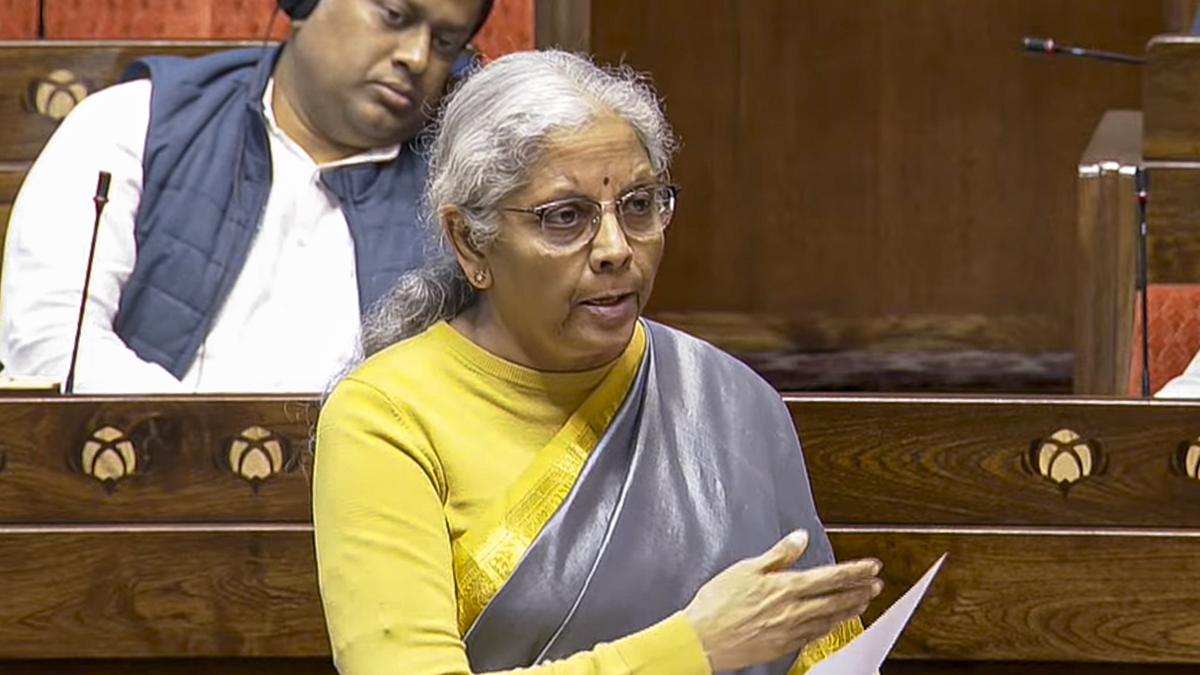The Liberals and the NDP have agreed to extend pharmacare negotiations into 2024, and the New Democrats say they have agreed to a new March 1 target date for introducing legislation.
NDP health critic Don Davies said in a media statement that the negotiations with the governing party remain constructive and both sides are making progress.
“We know that many people are not taking the medication they need because they can’t afford to, and this is getting worse as Canadians are struggling with the high cost of living,” Davies said in the statement.
“Given that context, continuing progress toward a universal national pharmacare program is more important than ever. We must get this right.”
A senior government source confirmed both parties are taking more time to negotiate a deal.
The Liberal minority government relies on New Democrats’ votes to pass legislation through a formal confidence-and-supply agreement both parties signed. Under that agreement, the NDP agrees to support essential government legislation in exchange for the Liberals advancing several NDP policy priorities.
According to the wording of that agreement, one of those NDP priorities is to pass “a Canada Pharmacare Act by the end of 2023 and then [task] the National Drug Agency to develop a national formulary of essential medicines and bulk purchasing plan by the end of the agreement.”
The Liberals have been under pressure for years to deliver on pharmacare. In 2019, an advisory council appointed by the Liberal government recommended establishing a universal, single-payer public pharmacare system — first with an initial list of common and essential drugs and then with a comprehensive formulary. The advisory council estimated such a system would cost $15 billion a year once fully implemented.
The council also said that, once implemented, the pharmacare program would cut the sum Canadians spend on prescription drugs by roughly $5 billion a year.
It proposed a $2 co-payment for common drugs and $5 for less common ones. Fees would be waived for those on low incomes or social assistance.
In a recent report, the Parliamentary Budget Officer estimated that a single-payer universal drug plan would cost federal and provincial governments $11.2 billion in the first year and $13.4 billion annually in five years.
The economy-wide savings, the PBO estimates, would be around $1.4 billion in 2024-25, rising to $2.2 billion in 2027-28.
But forecasts of higher-than-expected budget deficits for the next few years and lower economic growth in 2024 are raising questions about whether Ottawa can afford pharmacare right now.
Interest rates are at a 20-year high and the cost of servicing federal government debt has spiked from $20.3 billion in 2020-21 to $46.5 billion in this fiscal year.







